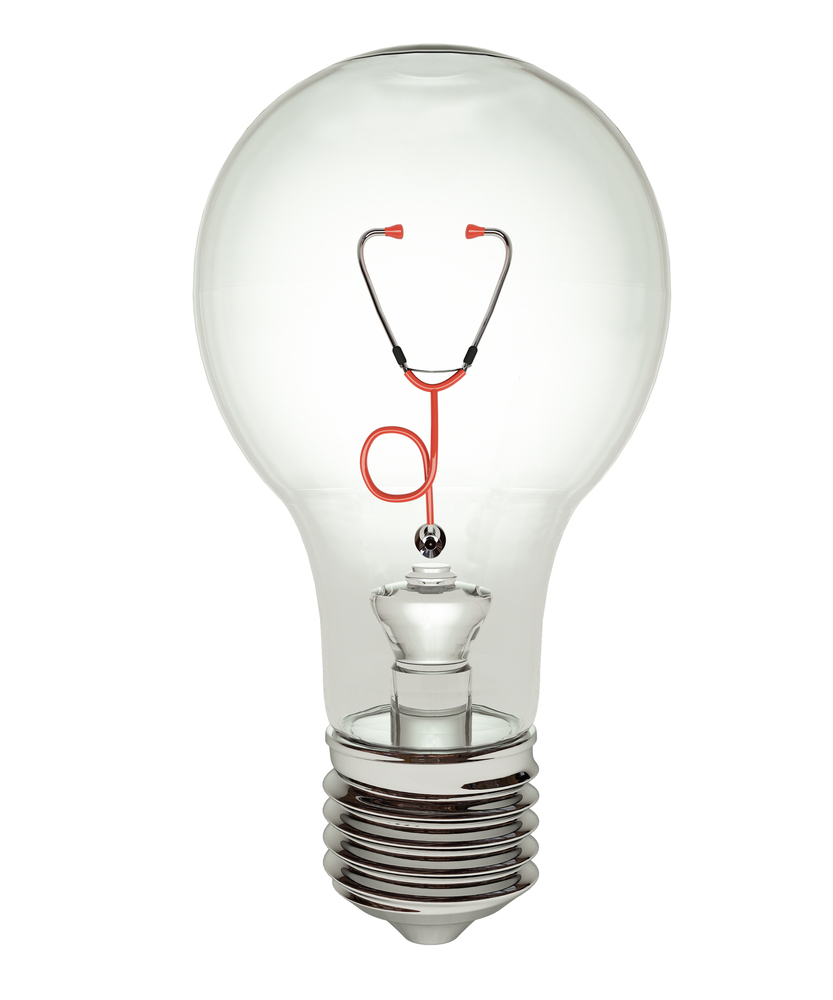
The U.S. Department of Health and Human Services (HHS) selected the University City Science Center of Philadelphia as one of eight accelerators to drive innovation in medical technologies.
Accelerators look for innovative technologies and products that can be developed to solve healthcare challenges that extend beyond vaccine and drug development.
“Accelerators are part of a new business-friendly approach,” Deputy Secretary for Health and Human Services Eric Hargan said. “This approach will help startups and other businesses shape the next generation of lifesaving technology and transform health security. That innovation is crucial to protecting Americans and saving lives.”
The accelerator network will be overseen by a new HHS unit called DRIVe, which is part of the Biomedical Advanced Research and Development Authority (BARDA) at the HHS Office of the Assistant Secretary for Preparedness and Response. The accelerators will connect businesses with essential product development and business support services. They can also assist with follow-on investment from the public or private sectors.
The University City Science Center of Philadelphia received a $100,000 grant from DRIVe.
“At a time when artificial intelligence and personalized medicine are not just conceivable but attainable, the time is uniquely now to solve some of the most daunting, far-reaching health security problems,” BARDA Director Rick Bright said. Accelerators essentially provide businesses with a new way to bring ideas together and direct them to BARDA’s experts who can facilitate partnerships with private industry.
In addition to the University City Science Center, seven other organizations were selected as accelerators, including: First Flight Venture Center (Research Triangle Park, NC), MedTech Innovator (Los Angeles), New Orleans BioInnovation Center, SUNY Research Foundation (Stony Brook, NY), Texas Medical Center Innovation Institute (Houston), Massachusetts Medical Device Development Center (Lowell), and Life Science Washington Institute (Seattle).




